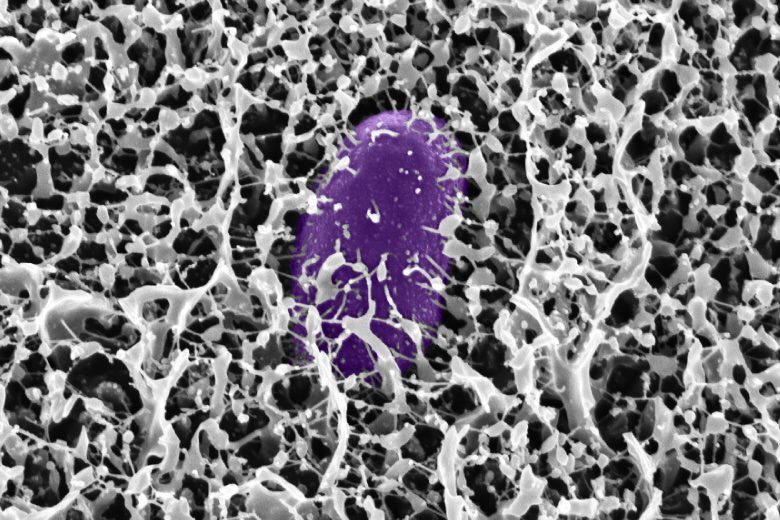
Study shows mucus contains molecules that block Salmonella infection
MIT researchers identified mucins that defend against Salmonella and other bacteria that cause diarrhea. They now hope to create synthetic mucins that could help prevent or treat Salmonella and other foodborne infections.
MIT News | Massachusetts Institute of Technology (news.mit.edu)






